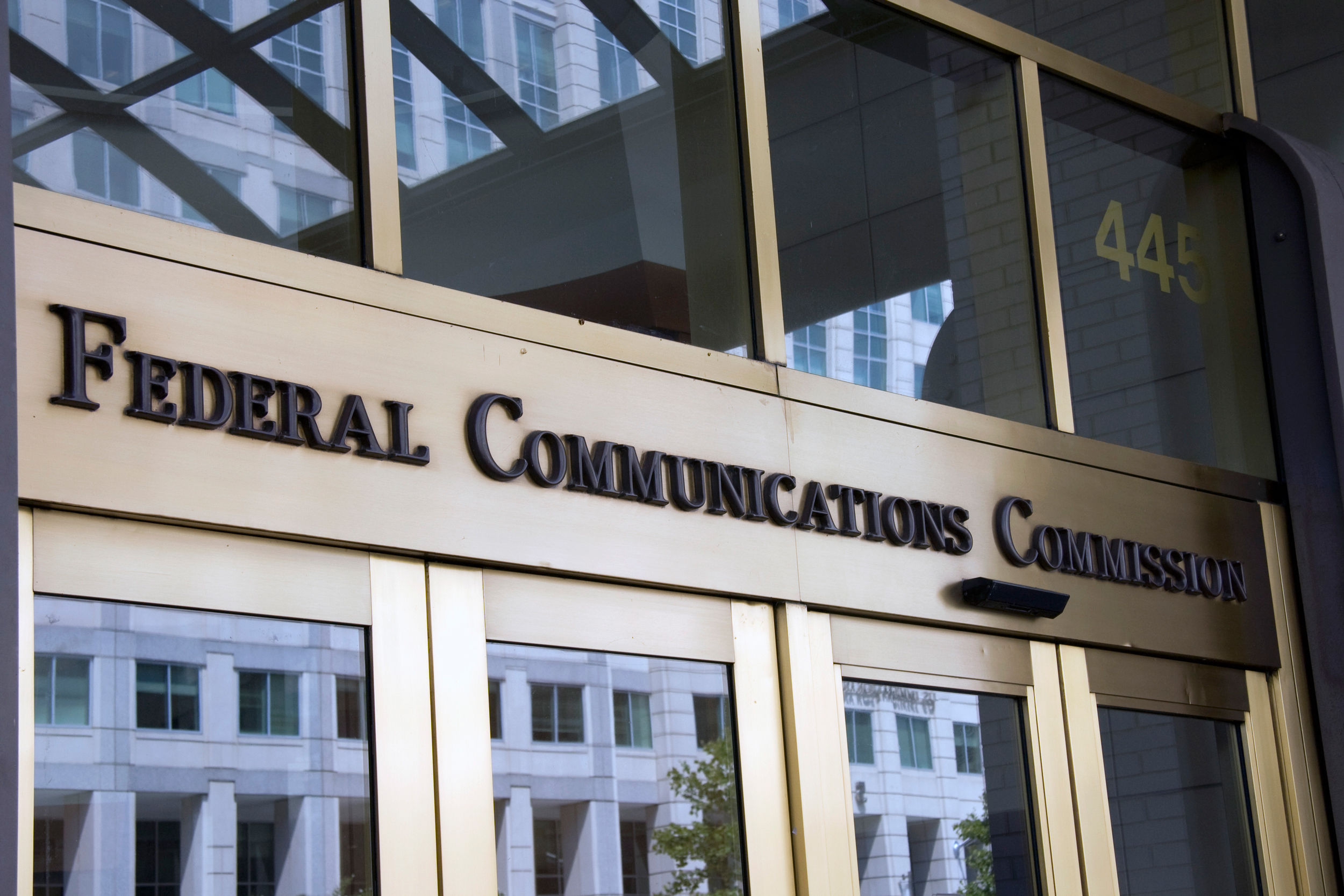FCC Abandons Antenna Siting Rules
Citing current market realities, commission continues its deregulation juggernaut

The smarter way to stay on top of broadcasting and cable industry. Sign up below
You are now subscribed
Your newsletter sign-up was successful
The FCC has eliminated its 75-year-old rules that prohibited TV or FM radio licenses to people or organizations that control an antenna site. The FCC ruled that “these rules no longer serve any practical purpose in light of the significant broadcast infrastructure development.”
In its Wednesday ruling, which removed the item from the agenda of Thursday’s open meeting (Aug. 6), the FCC emphasized that the plan, first proposed last October, is part of the agency’s “Modernization of Media Regulation Initiative.” The FCC's decision repeatedly emphasized its goal to remove “outdated and unnecessary requirements.” It pointed out that the agency received very limited objection to the proposal. It noted that the 1945 rules “apply only in extremely limited circumstances.”
“No broadcaster claims that these rules are needed to secure access to suitable sites,” the FCC said, citing the “current trend toward co-location of communications towers on antenna farms and the widespread availability of tower capacity … from numerous tower companies.” The ruling also acknowledged that times change.
“These rules were adopted 75 years ago, at a time when FM and TV broadcasting were emerging industries, and the need to preserve materials for the U.S. military effort in World War II had led the commission to freeze new broadcast station construction,” the FCC’s decision noted nostalgically.
Since the original rule was intended to prevent broadcasters/tower owners from discriminating against competitor stations, the FCC pointed out that nowadays the communications tower market is dominated by entities that do not hold broadcast licenses. Moreover, the ruling said, there is no indication that broadcast lessees “have the intent or ability to restrict these tower owners from denying access to … competitors.”
The FCC concluded that, “Retaining a rule that has little if any applicability to the current broadcast landscape … risks wasting Commission time and resources, as well as the resources of broadcast license holders, on unnecessary adjudications.” It noted that no broadcast industry organizations filed comments in this proceeding, deeming that, “It is in the public interest to eliminate these outdated rules.”
In a different sector but continuing its deregulatory binge, the FCC on Wednesday also eliminated three “outdated” Telecommunications Relay Services (TRS) rules. The commission ruled that “changes in technology and voice communications services” the 1991 rules (adopted one year after the Americans With Disabilities Act went into effect are no longer necessary. In particular the eliminated rules involved criterion for selecting a long-distance carrier, for alternative billing options (such as collect or credit cards calling) and for administrative requirements for public notices of state TRS programs.
The smarter way to stay on top of broadcasting and cable industry. Sign up below
Contributor Gary Arlen is known for his insights into the convergence of media, telecom, content and technology. Gary was founder/editor/publisher of Interactivity Report, TeleServices Report and other influential newsletters; he was the longtime “curmudgeon” columnist for Multichannel News as well as a regular contributor to AdMap, Washington Technology and Telecommunications Reports. He writes regularly about trends and media/marketing for the Consumer Technology Association's i3 magazine plus several blogs. Gary has taught media-focused courses on the adjunct faculties at George Mason University and American University and has guest-lectured at MIT, Harvard, UCLA, University of Southern California and Northwestern University and at countless media, marketing and technology industry events. As President of Arlen Communications LLC, he has provided analyses about the development of applications and services for entertainment, marketing and e-commerce.

